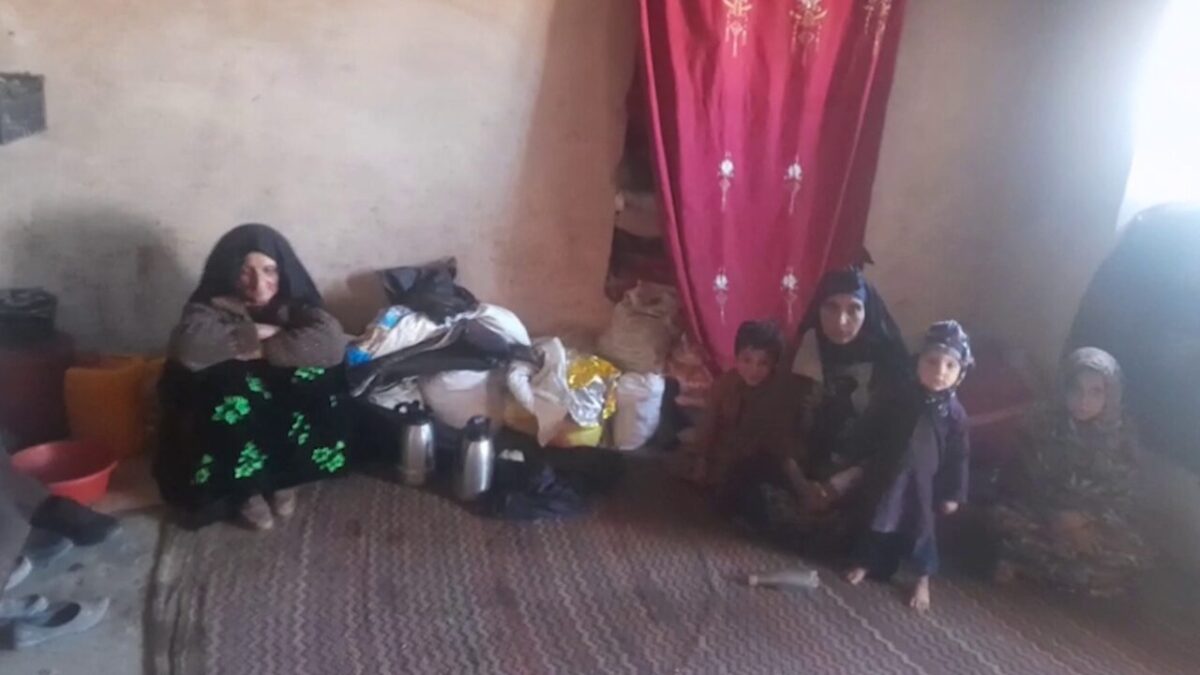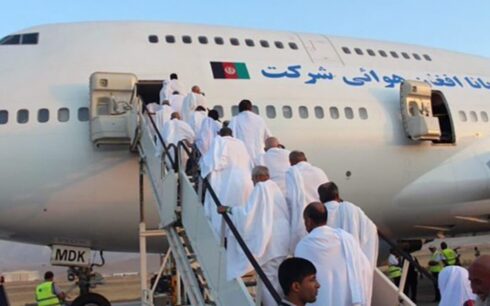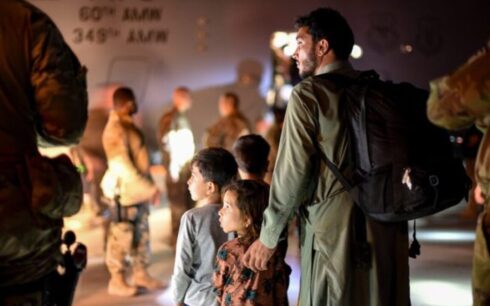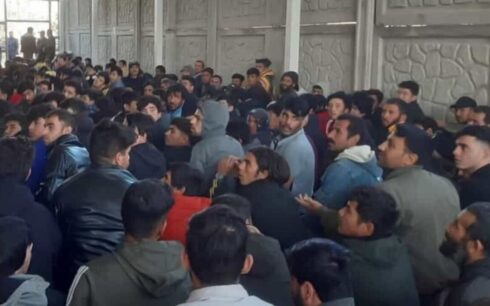In the Pasaband district of Ghor province, women leading orphaned families without a male breadwinner are grappling with extreme hardship as they struggle to provide basic necessities like food and water.
Several women in the region have turned to agriculture and, in some cases, begging in order to feed their children, forced into these roles by rising poverty. Aziza, a resident of Chahar Olang village, recounted her family’s challenges, saying it has been over ten years since her husband became blind, leaving her solely responsible for providing for their family of six. “I gather firewood. I am sick; I have stomach problems. My husband is paralyzed. I live in misery, I have nothing,” she said, describing her life as “unbearable.”
Shima, another resident of Ghor, shared a similar plight. A widow for seven years, she has relied on the goodwill of her brothers and sporadic help from neighbors. “We have no agricultural land and no water for farming. My back is weak, I have nerve issues, and we don’t even have a bathroom. We go to the mountains to relieve ourselves,” she said.
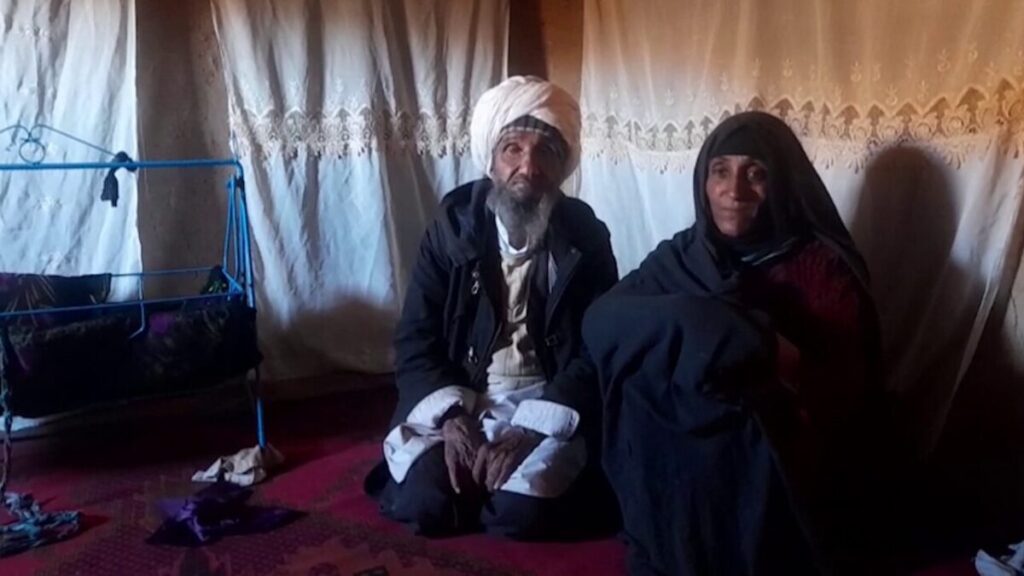
The situation for women like Aziza and Shima is becoming more dire as poverty continues to rise in Afghanistan. Atri Gul, another woman from the region, explained that her family is barely surviving on what little they can grow. “I swear by God, I only eat the wheat I cultivated. I gathered only one sack of flour,” she said.
The economic crisis in Afghanistan has deepened since the Taliban regained control of the country in 2021. Their policies have severely restricted the rights of women, curtailing their access to employment and education. These restrictions have also impacted the ability of humanitarian organizations to operate in the country, compounding the crisis.
The United Nations has warned that the Taliban’s policies are affecting aid delivery and leading to a decrease in international funding. According to the UN, nearly 24 million Afghans will require humanitarian assistance in 2024, but only 25 percent of the necessary funding has been secured.
For many Afghan women, particularly those in rural regions like Ghor, the future remains uncertain, as they continue to bear the brunt of both economic deprivation and the social restrictions imposed by the Taliban.

